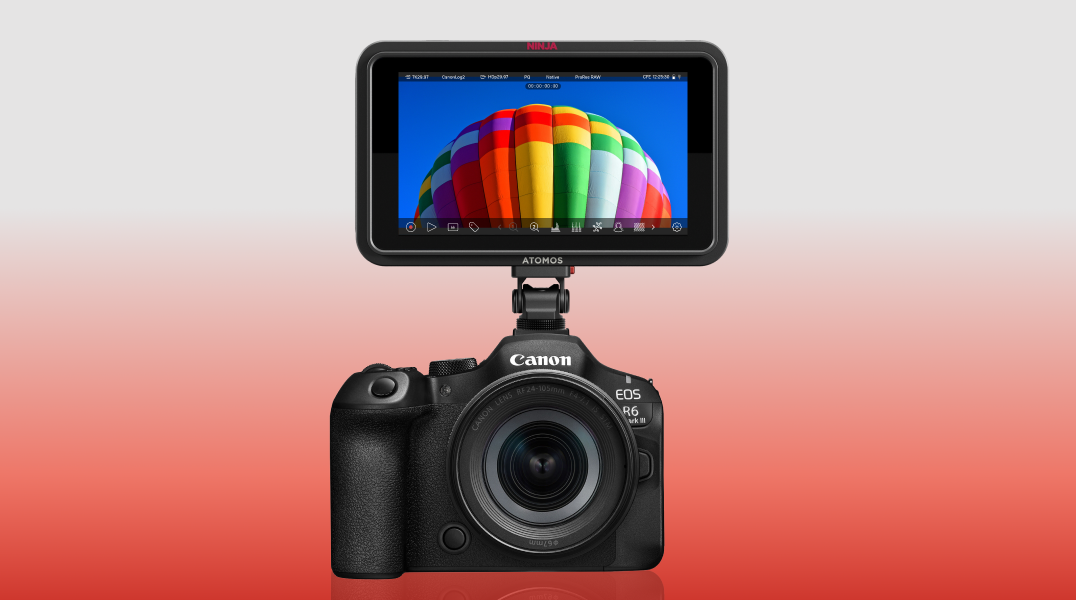Cell supercomputer chip shows promise

IBM, Sony and Toshiba jointly developed the new Cell microchip, a supercomputer on a chip.
A new microprocessor that could one day make daily news production tasks, such as editing and graphics creation, faster and cheaper debuted Monday, Feb. 7, at the International Solid State Circuits Conference in San Francisco.
The new Cell microprocessor is a supercomputer on a chip. It offers a tenfold boost in performance over the fastest PCs and CPUs available today.
The Cell is the result of a joint development project by IBM, Sony and Toshiba. The three began development of the Cell in March 2001.
The prototype shown at the conference used a 64-bit PowerPC processor core along with eight separate processing cores to deliver the benefits of parallel processing. This includes the ability to execute instructions in parallel rather than one after another resulting in faster performance and lower power consumption.
The parallel chip is likely to first show up in the consumer electronics market, but will have many other applications, including broadband Internet TV, interactive television and digital HDTV.
In the newsroom, where the transition from a video centric model to an IT infrastructure is well underway, the Cell or a chip like it, is a natural for processor demanding tasks, such as NLE transitions, especially in HD, and real-time 3-D graphics generation.
The professional video industry's #1 source for news, trends and product and tech information. Sign up below.
For more information, visit www-1.ibm.com/businesscenter/venturedevelopment/us/en/featurearticle/gcl_xmlid/8649/nav_id/emerging.
